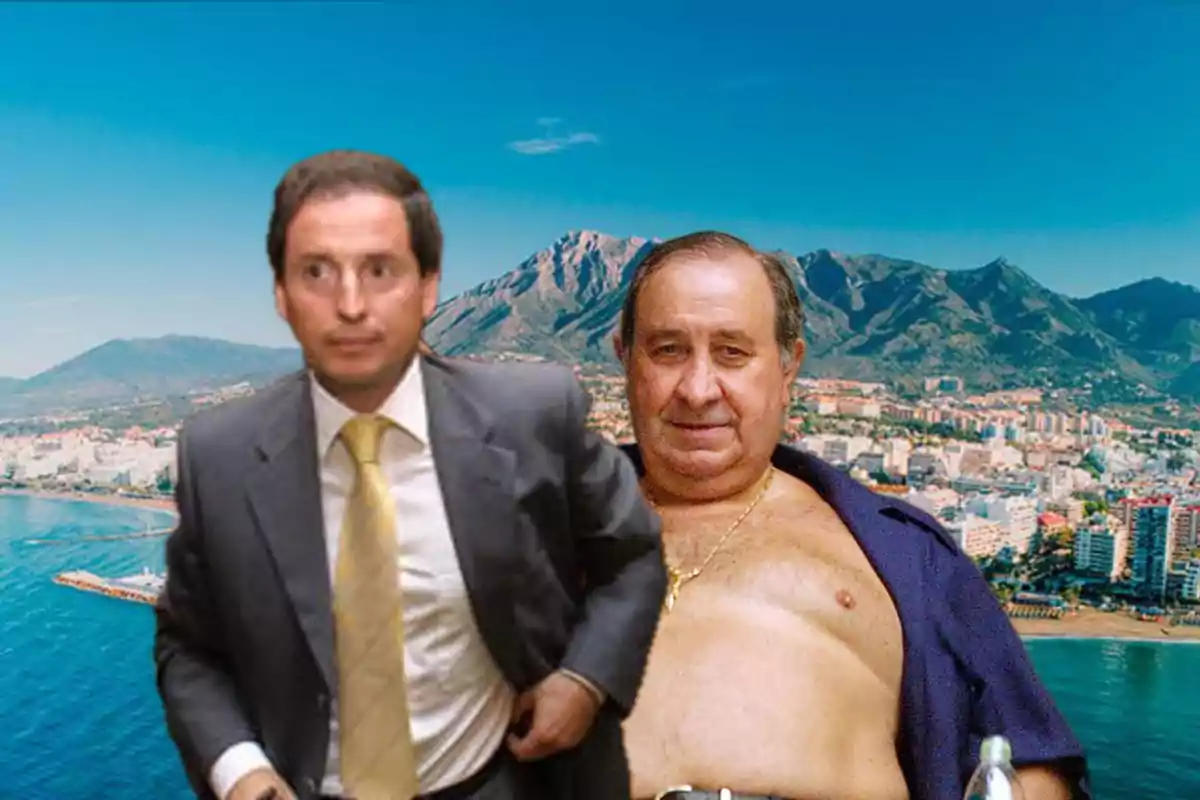
Carlos Fernández returns after 19 years: from Gil's councilman to fugitive in the 'Malaya case'
He was accused of embezzlement, collecting commissions, and bribery, but he was never tried after his escape to Argentina in 2006
Carlos Fernández, former councilor of Marbella City Council, has returned to Spain after spending 19 years as a fugitive in Argentina. His return hasn't resulted in any judicial consequences. The ten cases opened against him have expired, and the Argentine Supreme Court rejected in 2022 the extradition requested by Spain. Fernández has come back as a free man, thus closing one of the last pending chapters of the Malaya case, the largest urban corruption scheme in democratic history.
However, his story isn't that of a simple fugitive. Fernández was a direct protagonist in the rise and fall of gilismo in Marbella. First as a trusted man of Jesús Gil and later as one of his most persistent detractors from the ranks of the Partido Andalucista (PA).
His political conversion, his participation in the local government during the murkiest era of Marbella's urban planning, and his strange disappearance just before being arrested made him a controversial figure. Today, his persona still raises questions about justice, politics, and impunity.
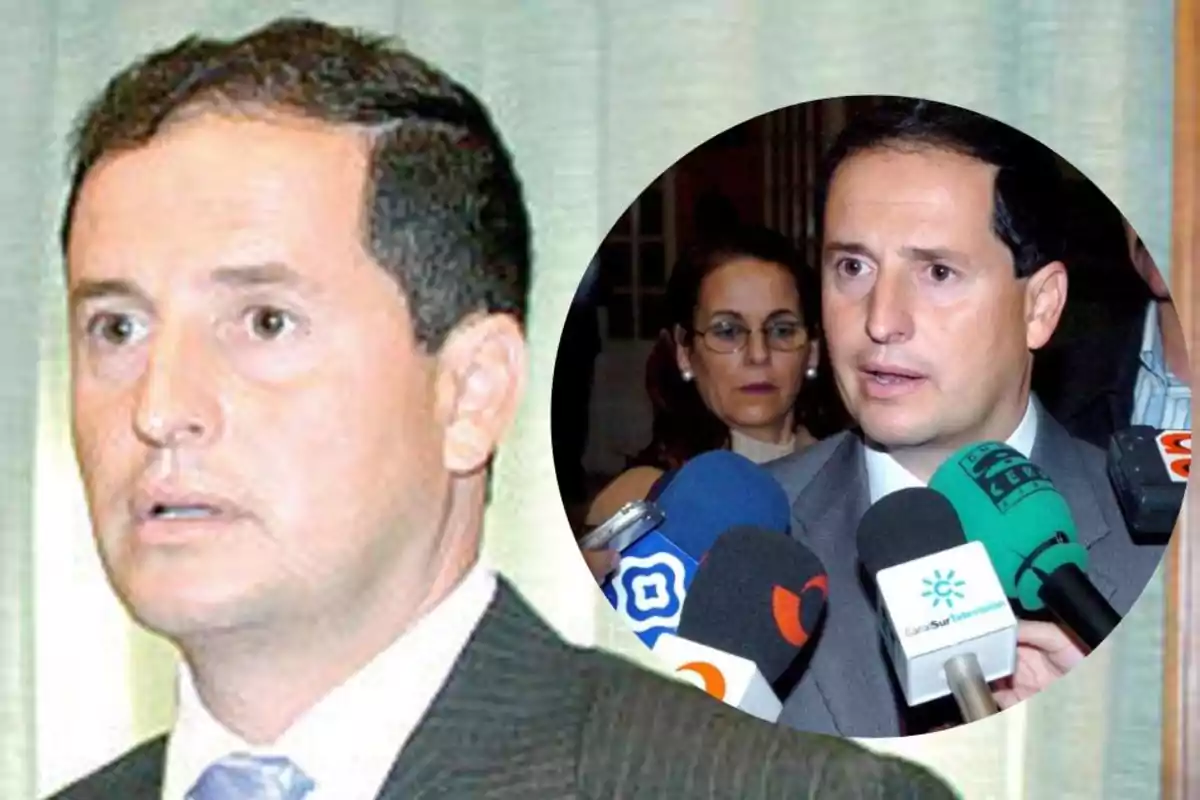
Fernández began his public career as Sports Councilor in Jesús Gil's first term leading Marbella City Council in 1991. He was one of the young and ambitious faces of GIL (Grupo Independiente Liberal). His rise was meteoric in a city captivated by Gil's populist charisma.
During the second half of the 1990s, Fernández accumulated power and visibility as an organizer of sports events and institutional representative of gilismo. He even promoted golf tournaments as a strategy to claim sports facilities and improve the image of the council. However, the political idyll ended abruptly when Gil publicly accused him of corruption and expelled him from the government team "for being a thief."
From that moment on, Fernández began his process of breaking away from gilismo. The rift would intensify years later until he became one of its most active enemies from the opposition.
The Conversion: From Gilismo to Partido Andalucista
By 2003, GIL's wear and tear was already evident. Fernández joined the ranks of Partido Andalucista and became the group's municipal spokesperson. That term was chaotic, with multiple political movements, until the famous motion of no confidence against Julián Muñoz, Gil's political heir, which catapulted Marisol Yagüe to the mayor's office with the support of various groups, including PA.
Together with Isabel García Marcos, Andalucista leader and first deputy mayor, Fernández became part of the new government team, which promised regeneration and institutional cleansing. But the promise barely lasted a year: in 2004 Yagüe also dismissed him for "irregularities" in his responsibilities.
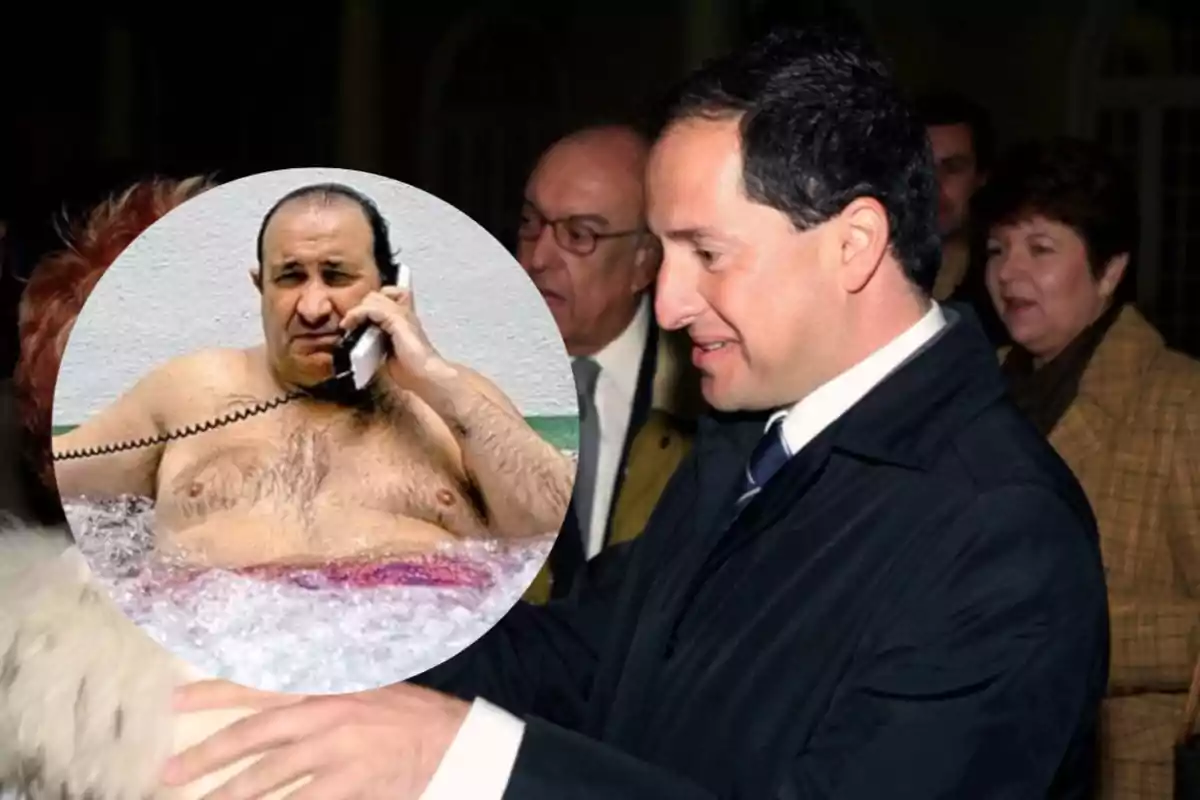
By then, he was already facing several complaints for embezzlement and misappropriation. Including a final conviction for having appropriated more than €80,000 from Club de Fútbol San Pedro de Alcántara during his time as Sports Councilor. Despite that record, Fernández kept his councilor seat until the Malaya case broke out in 2006.
The Malaya Case and the Disappearance
On March 29, 2006, police entered Marbella City Council and arrested dozens of public officials for their involvement in a complex network of bribery, money laundering, and influence peddling led by urban planning advisor Juan Antonio Roca. The operation put an end to the institutional structure inherited from gilismo. All councilors were arrested, except one.
Carlos Fernández disappeared just before police showed up at his home. According to the version he himself spread, he was doing the Camino de Santiago in Galicia, but the truth is he never returned. The arrest warrant couldn't be executed, and his trail was lost for months.
At that time, he was already carrying a conviction for embezzlement. He was also charged in the Malaya case for alleged bribes received in exchange for favoring urban planning licenses between 2004 and 2005. Some police reports placed him as "one of those in charge of distributing the commission money" managed by Roca.
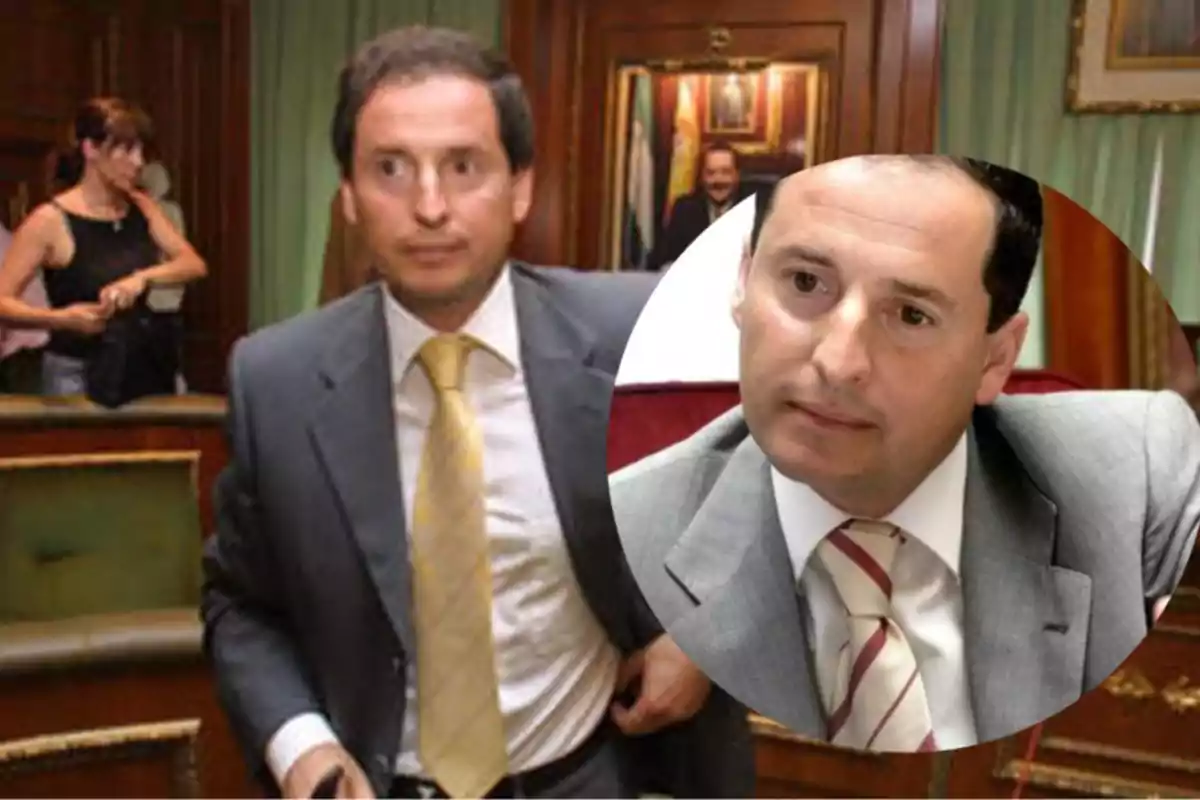
There were rumors that he might have collaborated with justice as a "deep throat." Although both UDEF and the Anti-Corruption Prosecutor's Office have categorically denied that he provided useful information to the case. However, this theory is still on the table for many.
Fernández fled and did so effectively. In a short time, he appeared in Argentina, where he started a new life in the city of La Plata. There, he worked as a political coach, advising Peronist candidates, and started a family. Meanwhile, in Spain, ten judicial cases against him remained pending.
A Protected Escape
His disappearance was not only sudden but also strangely effective. While other councilors were arrested or ended up in prison, Fernández managed to evade all judicial mechanisms for almost two decades.
For years, his lawyer brother unsuccessfully tried to manage from Spain the expiration of the cases, arguing that there was no procedural risk. His family, especially his father, defended his innocence and even described his stay in Argentina as "exile." In Marbella, many wondered how he had managed to avoid extradition and whether someone had warned him in time.
In 2017, after 11 years abroad, Fernández voluntarily turned himself in to Argentine justice. But he wasn't extradited. The Argentine Supreme Court concluded that the crimes for which he was wanted had expired under Spanish law. Therefore, his surrender couldn't be granted.
Frustrated Attempts to Return
In the following years, Fernández tried several times to return to Spain, convinced that he no longer had any pending cases. However, every time he tried to board a flight from Buenos Aires, the Argentine Federal Police detained him due to the validity of an old 2006 international arrest warrant.
According to what he told Spanish media, he even managed to reach the boarding gate with a safe-conduct issued by the Spanish Embassy, but he was intercepted before boarding. This situation left him in a legal limbo for years: free in Argentina, but held without valid judicial reason.
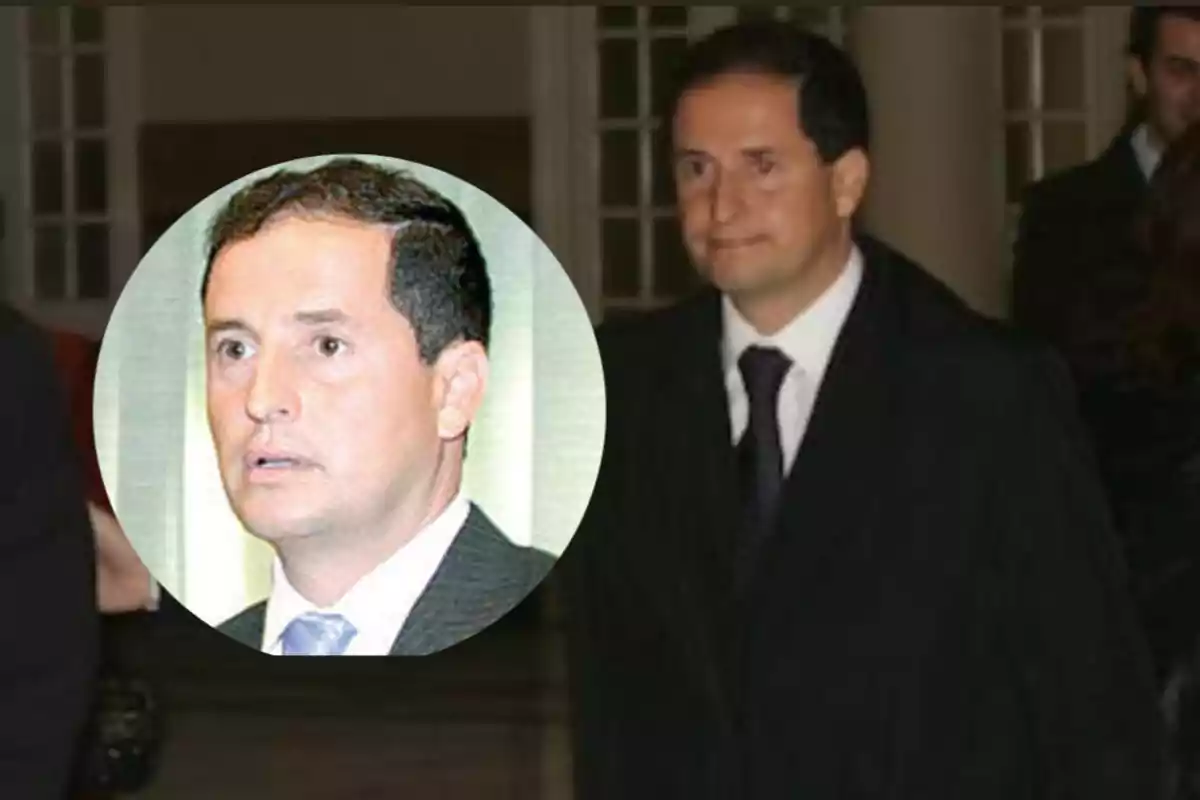
Finally, in December 2022, the Argentine Supreme Court confirmed the expiration of all cases against him. Including his involvement in the so-called Saqueo II. The decision completely cleared his legal situation. "What my country didn't give me, Argentina has given me," Fernández said at the time, although he avoided giving dates about his return.
A Quiet Return
It was in 2025 when Fernández returned to Spain. There were no photos, no press conferences, no arrests. There were no longer any judicial cases or active arrest warrants. At 59 years old, he has returned to Marbella as a legally free man, although with a backpack full of shadows and controversies.
His name remains linked to one of the darkest periods in Spanish political history. A period in which Marbella became a symbol of corruption and urban planning chaos.
He also embodies the ideological transformation of someone who was first Jesús Gil's right-hand man and then his fiercest critic from the opposition. The question now is: Will he return to public life? Will he break his silence? Or will he disappear again, this time forever, but without needing to hide?
More posts: